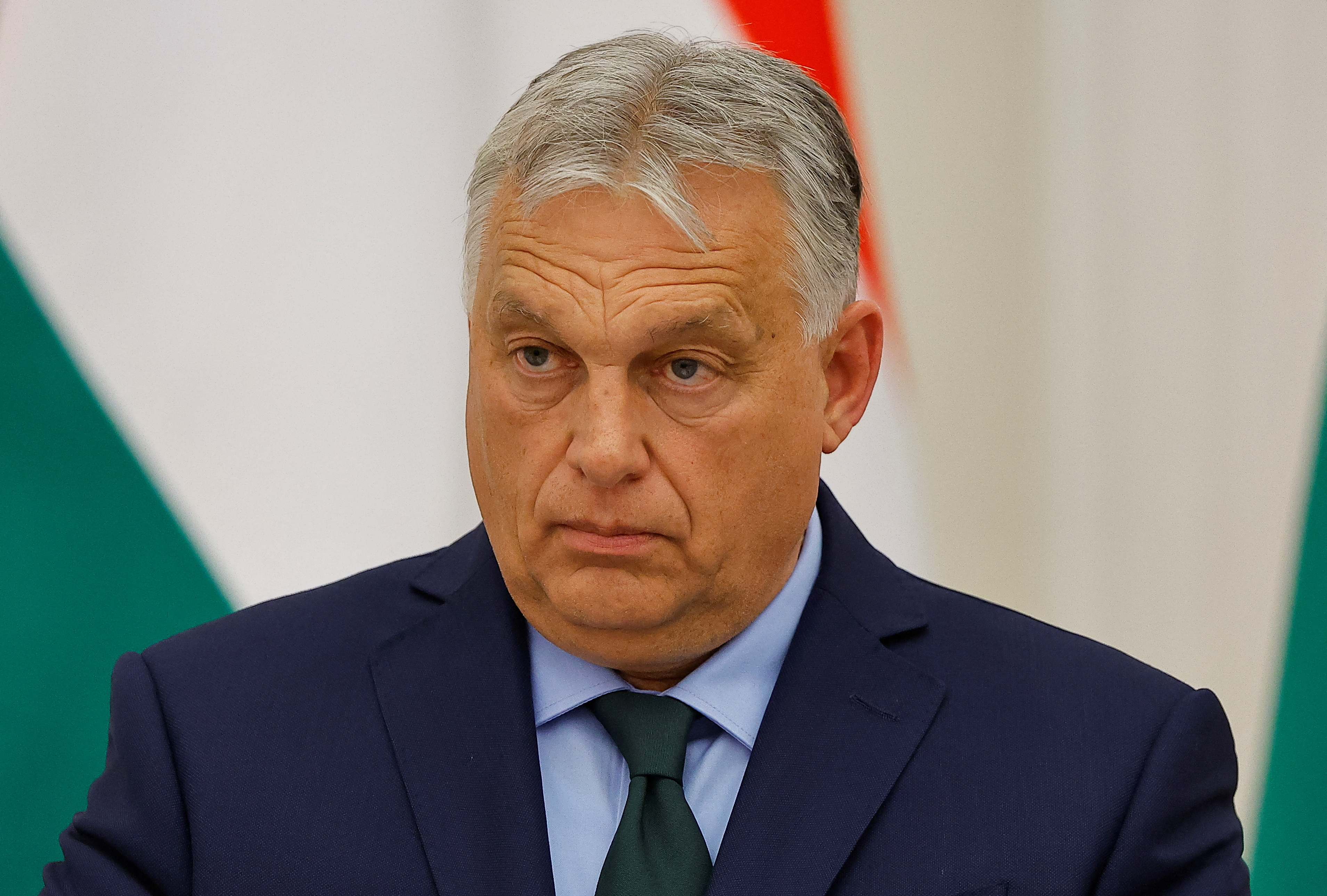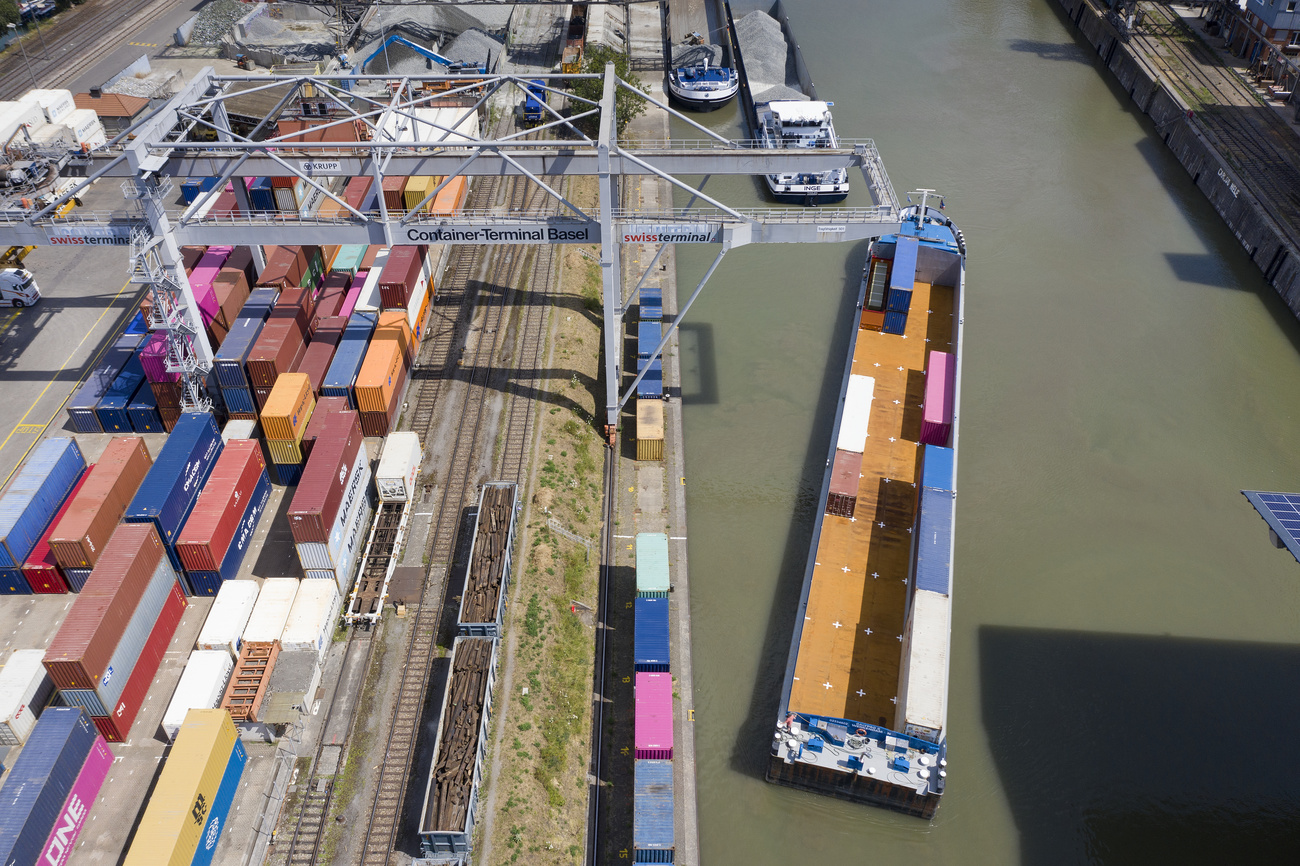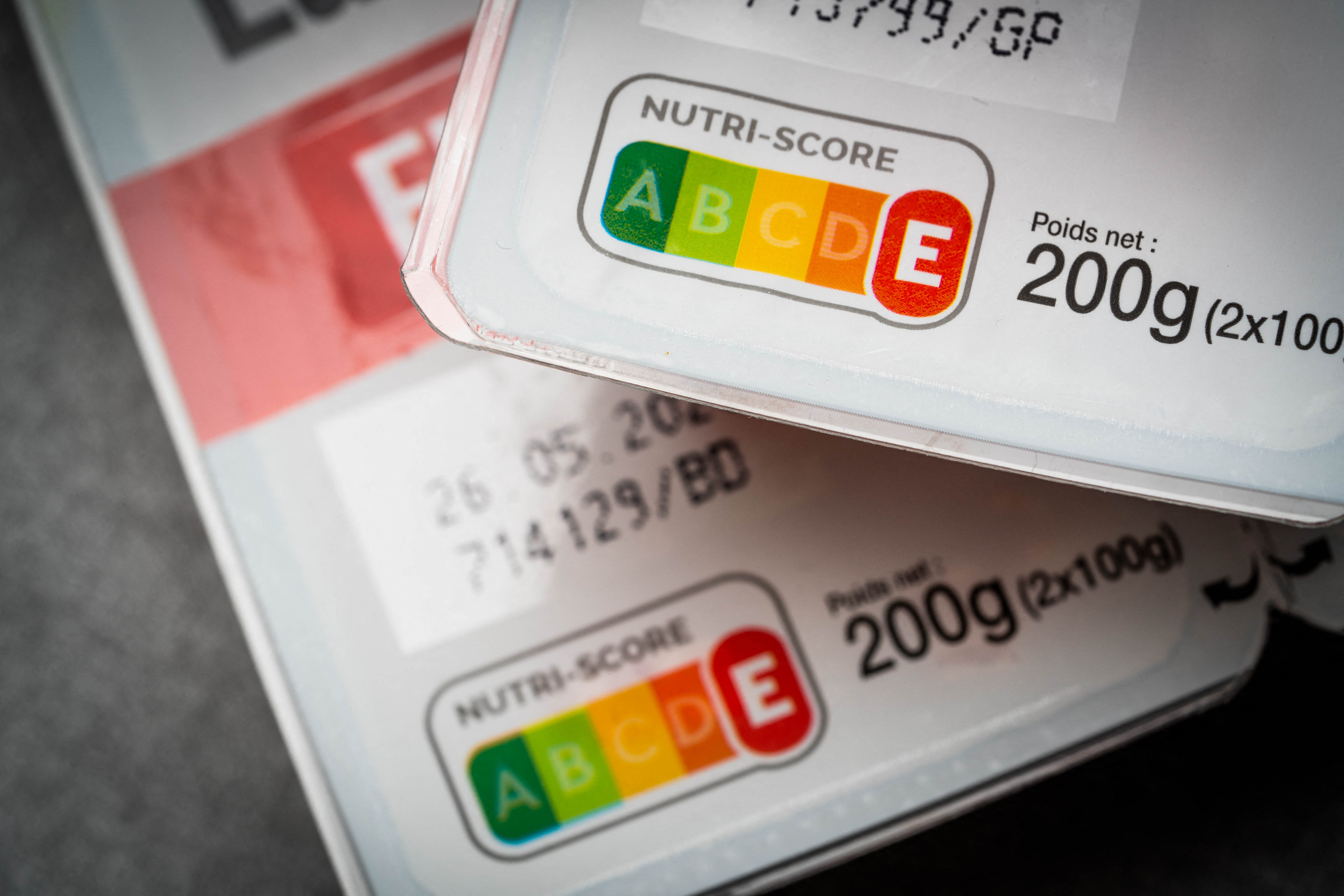Hungary’s government seeks more corporate contributions, media funding limits

By Boldizsar Gyori and Anita Komuves
BUDAPEST (Reuters) -Hungary’s government laid out what it called an “anti-war” action plan on Monday, seeking contributions from banks, energy and multinational firms and taking aim at foreign funding of media that it accused of supporting the war in Ukraine.
Prime Minister Viktor Orban has been an outspoken critic of Western military supplies to help Ukraine fight Russia’s invasion, and he has the warmest relations of any European Union leader with Russian President Vladimir Putin.
Hungary is not involved in the Ukraine conflict, but Orban’s chief of staff, Gergely Gulyas, said the government would seek a contribution to a “defence fund” from banks, energy firms and multinational companies earning extra profit amid current “wartime” conditions.
He did not specify what the money would be spent on. The government has previously imposed windfall taxes from large companies for budget coffers. Hungary’s budget deficit is well above EU limits, averaging nearly 7% of economic output over the past four years.
A surge in inflation partly driven by fuel price rises due to Western sanctions on Russian energy over the war in Ukraine led to greater profits for banks as the central bank – along with others in Europe – pushed up interest rates to contain the trend.
Electricity price rises have also boosted energy firms’ earnings.
Speaking at a news briefing, Gulyas said Hungary would keep existing windfall taxes on retailers and multi-national companies this year instead of phasing them out as expected. A portion of those taxes would also go to the “defence fund” he said.
The state would also tax banks’ foreign currency transactions and hike transaction fees, he said.
Hungary’s OTP Bank and the Hungarian Banking Association did not immediately reply to emailed questions from Reuters. OTP’s shares were down 2.3% at 12:49 GMT, underperforming the wider market.
Shares in energy producer MOL were down 2.3% at 12:49 GMT. MOL, which operates refineries in Hungary, Slovakia and Croatia, is Hungary’s largest revenue earner and imports most of the crude it needs from Russia via the Druzhba pipeline. The windfall tax imposed last year siphoned off nearly all profit earned by MOL on cheaper oil imported from Russia.
Gulyas said the government would examine whether media outlets use foreign funds and propose legislation to prevent such funding spreading what he called “pro-war propaganda”.
“Hungary’s (government) reserves the right to send back funds used for pro-war propaganda these media received from abroad to the sender,” Gergely Gulyas said.
The EU and pro-democracy groups have long accused Orban’s government of curbing media and other freedoms, a charge it has repeatedly denied.
Gulyas said the regulation would primarily concern funding received from outside the EU, with which Orban’s government has repeatedly clashed over what the EU says are violations of the rule of law.
Orban has tightened his government’s grip over state media in the past decade, as well as private media via ownership changes. Advertising money channelled to pro-government outlets has also helped to create more loyal media coverage.
He visited Moscow to meet Putin last week, drawing a rebuke from some fellow-European Union members, and on Monday met Chinese President Xi Jinping on what he has said was a Ukraine peace mission. The initiative does not have authorisation from the EU or Ukraine.
(Reporting by Boldizsar Gyori and Anita Komuves, writing by Jason Hovet, editing by Philippa Fletcher)







